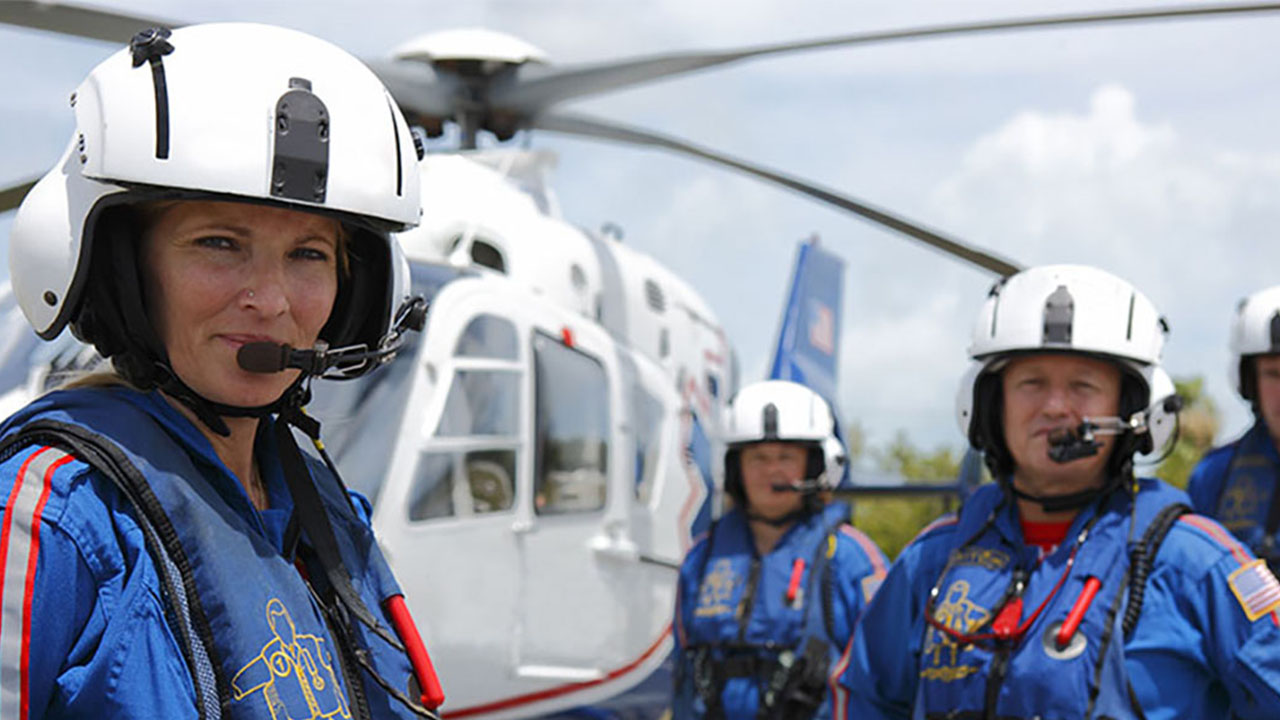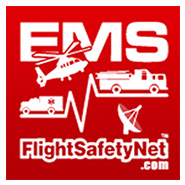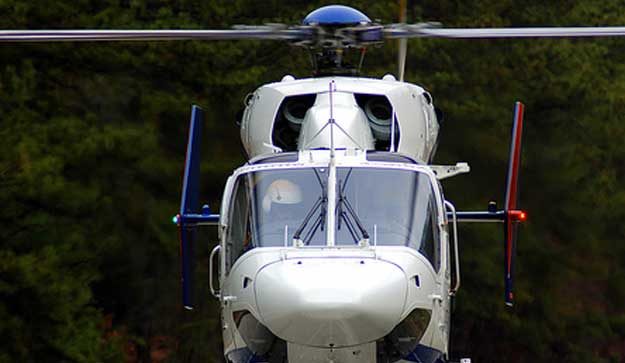Here is an Audio Version of This Blog Post:
We’ve all heard it.
First impressions matter. You only get one chance…
and you know the rest, right?
The cliche is easy to believe.
Why?
Because we’ve all experienced enough of our own first impressions to know our instincts are often right. The guy who comes across like an arrogant jerk the first time you meet him, sometimes turns out to be an arrogant jerk.
Why First Impressions Matter
First impressions are easy shortcuts we all take.
That’s the reason they matter. First impressions happen whether we want them to or not. People can and do make snap judgments about you. The best you can do is try and control the information they see.
Why are first impressions in a flight interview so important?
Time is one reason.
Studies prove 59.9% of hiring decisions are made within the first 15 minutes of an interview. That’s pretty quick, right? When you factor in that some flight interviews last half or full days, it’s very quick!
It’s actually kind of crazy to think all your preparation, hard work and effort comes down to 15 minutes.
This article is about helping you maximize the first impressions you create in a flight interview.
Here Are 10 Ways To Make A Great First Impression In A Flight Interview
1.) Show Up On Time
Professionals don’t make other professionals wait. Showing up on time is a given. You get no extra points for being on time. But you can absolutely expect to get docked points in terms of your first impression score, if you are late for any reason.
Running late due to no fault of your own?
Call your interviewer as soon as possible and let them know. Don’t waste their time with excuses, simply state something out of your control prevented you from being there on time, and give an accurate new time that you will arrive.
Your interviewer will appreciate the fact you made no excuses and made an effort to let them know before they waited on you for 30 minutes instead of after.
2.) Dress Like A Professional
Your appearance will more than likely not be a deal breaker for a flight job. But it does play a part in how you’re perceived.
When you show up in a neatly pressed suit, shined shoes, and extend your hand to an interviewer while maintaining eye contact, you come across as confident and well put together. That’s the kind of first impression you want to make.
If on the other hand, you’re dressed down several notches from everyone else in the office and everyone else who’s interviewing for the same position, you’re probably not going to make the same professional level Ist impression.
Probably not going to exude the same level of professionalism.
3.) Be Nice (To Everyone)
Something I learned quickly in my work as a consultant, is the importance of being nice to the receptionist.
Many small business owners and entrepreneurs put family members in the front office of their businesses. It’s not exactly the same with flight interviews.
But it’s close. The receptionist who greets you for your flight interview may not be related to the flight program manager, but you can bet they’re friends and the manager considers the receptionist a trusted opinion.
So common sense should tell you to stay on this person’s good side. It’s easy to do.
Smile. Be nice. Be kind.
4.) Know Yourself
At first glance this sounds stupid, right?
Let me explain.
Your personal story is the blueprint you’ll follow to maintain control of your own flight interview. The way to succeed in a flight interview is to tell your own story in a way that captures your interviewer’s attention, highlights your skills and shows the interviewer you’re a great fit with the current flight team.
How do you do this and at the same time create a great first impression?
You do it through practice. You rehearse your own story ahead of time. Of course you already know everything there is to know about you. But how much time have you spent putting it all into words?
Presentation matters in a flight interview. A lot.
That’s what flight interviews are about. Creating a great presentation that gives a great first impression. It all begins with you.
5.) Carry The Bare Essentials
Entering a reception area juggling an umbrella, legal pad, business cards and a coffee thermos, sets the wrong impression.
Only carry what you actually need during the interview.
I recommend a folding leather portfolio with a handful of resumes and sheet of blank paper inside. Keep a quality pen inside your suit pocket or attached to the portfolio.
The blank paper is for personal notes. The spare resumes are for whoever needs them. During the interview you may find yourself in front of someone who doesn’t have your resume, but might find it helpful. You saving the interviewer time by presenting a copy on demand, creates the kind of prepared and professional impression you want.
Carrying the bare essentials is about presentation. If gives you the ability to easily switch your portfolio to your left hand, make eye contact and shake a person’s hand on a moment’s notice.
6.) Put Your Phone Away
Turn off your phone and put it away before you enter the building to your flight interview.
Sitting in the waiting area glued to your phone creates an impression you don’t want prior to an interview.
Nothing good will come from your ringtone inadvertently blaring ACDC’s Thuderstruck. During a flight interview, it’s embarrassing and unprofessional. The good news is how easily it can be avoided. All it takes is preparation.
Don’t put your hard work at risk over something as simple and easy as putting away your phone before a flight interview.
7.) Craft A Killer Introduction
There’s a common practice in marketing called an elevator pitch.
An elevator pitch is a 30-second to one-minute long story about yourself and what you do.
The name originates from how long a typical elevator ride takes. You need the equivalent of an elevator pitch for flight interview day. A killer introduction that quickly and concisely explains who you are, and why anyone should care.
A great elevator pitch sets a positive first impression, and done properly, creates more interest in you.
8.) Relax
Remind yourself the absolute worst thing to come from a flight interview is nothing.
I’m completely serious. The worst thing that can happen is nothing. You don’t get a job offer. You don’t get invited back for a second interview. You don’t hear anything.
No response. No explanation. No nothin’.
Now remind yourself that in the big picture of life, that’s not so bad. Disappointing? Sure. But by no means the end of your world or your dream of flying.
Knowing this, do yourself a favor during the flight interview and consciously relax a little bit. It’s okay to slow things down, pause, and even admit you need more time to think about a particular question or scenario.
9.) Share A Screw Up
You should expect some version of “the weakness question” in your flight interview.
What’s the weakness question? The weakness question asks you to explain your greatest weakness. It’s usually phrased exactly as you would expect it to be. “What is your greatest strength and your greatest weakness?” or “Tell me about a case that went poorly for you, what you learned from it, and how you would do things differently in the future?”
The key to success is choosing the right scenario to share. Do well, your interviewer will empathize with your situation because they’ve experienced similar situations of their own.
Done poorly, your chances of flying are done. Don’t panic, here’s what I mean.
You want to choose a weakness you can turn into a positive experience. Example: “I have a difficult time leaving work at the workplace. I sometimes take my work home with me.” Positive spin: You’re a hard worker who gets a lot done for the company.
“Set fire to kittens to relieve anxiety over dosage calculations,” not okay, ever.
Common sense is your guide. But again, done properly, this sets a powerful first impression.
10.) Connect With Your Interviewer
When I coach doctors, nurses, paramedics and pilots on how to get a flight job, I make the importance of connecting with your interviewer very clear.
It’s common sense if you think about it. But most people just don’t think about it.
We spend a lot of time looking for common ground between your target flight program, the program manager’s know experience, and your own experience.
You should do the same thing for the same reasons. The idea is to find little connections between your background and the background of your interviewer.
You can do this ahead of time (before the interview), or on the fly (excuse the pun) during the interview. It doesn’t matter when you do it, but it’s very important you make the effort. It can often be the difference between success or failure.
What To Do Now
Now that you know 10 ways to make a great first impression in a flight interview, what’s the next step?
Easy answer.
The next step is preparation. Spend some time planning each of the recommendations above. Don’t do flight interviews like you do EMS calls.
Don’t use crisis management. The more you prepare now, the better you’ll do in your flight interview.
What did I miss? Let me know in the comments below.
Here is an Audio Version of This Blog Post:
[divider style=”4″]
Want EMS and air medical tips sent straight to your inbox? Get The Net newsletter. Sign up here (it’s free):
[shortcode-variables slug=”optin-form”]



1 Response to "10 Ways To Make A Great First Impression In A Flight Interview"
Am glad to be part of this platform. A very big thanks to Troy. I am trying my possible best to learn what is important to make me succeed in this career although I foresee a few challenges ahead. I am not going to give up. I really appreciate all the help put together by the community to assist each and everyone.